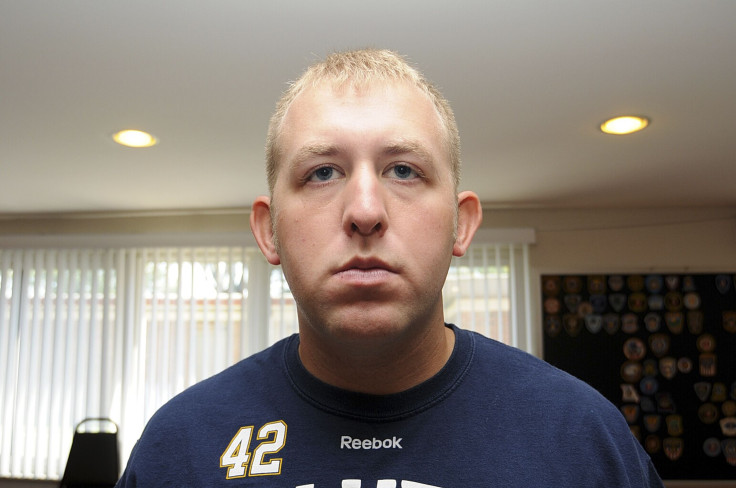Police Shootings: New Bill Would Hide The Names of Cops Who Shoot Civilians

A bill that would protect the identification of police who shoot or use force in the line of duty was passed by the Republican-controlled Pennsylvania General Assembly Thursday afternoon. Its fate depends on a signature from Gov. Tom Wolf, a Democrat who could make the state the first in the nation to enact such a law.
Under the law, officers would not be identified publicly during an investigation, or at all, if criminal charges were not filed. However, the name could still be withheld in the event of charges being filed if releasing it could potentially harm the officer or an immediate family member.
House Bill 1538, sponsored by Rep. Martina White, a Republican, is a reaction to the policy of the Philadelphia Police Department in which the names of officers have be disclosed no later than three days after the incident — as long as there is no evidence of a credible threat to their well-being, the Philadelphia Inquirer reported.
The bill, which was first introduced Nov. 10, 2015, is backed by the Philadelphia police union and other police labor groups but opposed by social activist groups nationwide, the Pittsburgh Post-Gazette reported.
“We’re just asking to put a lid on the boiling pot until things calm down, especially if it’s an investigation that could lead to protests in the community,” John McNesby, president of the Philadelphia police union, told the Pittsburgh Post-Gazette.
Since a grand jury in Missouri failed to indict Ferguson police officer Darren Wilson in the killing of unarmed Michael Brown in 2014, the public has called for more accountability from the police.
In a possible response to the emergence of the Black Lives Matter movement and an increased push for transparency in police departments, Arizona, Oregon and Virginia have all considered laws that would similarly conceal the names of the officers who fire weapons in the line of duty.
In 2016, police in the U.S. shot and killed 879 people, according to a Guardian database of fatal police shootings. In those occurrences, 1 in 5 officers’ names went undisclosed, the Washington Post reported.
The releasing of officers' names would allow the public to know whether the police in question had a history of violence.
“The commissioner has stated before that ‘an officer can’t shoot someone and have an expectation to remain anonymous. It’s just not right,” Lt. John Stanford, a Philadelphia police spokesman told the Pittsburgh Post-Gazette in 2015 when the bill was first introduced.
© Copyright IBTimes 2024. All rights reserved.












